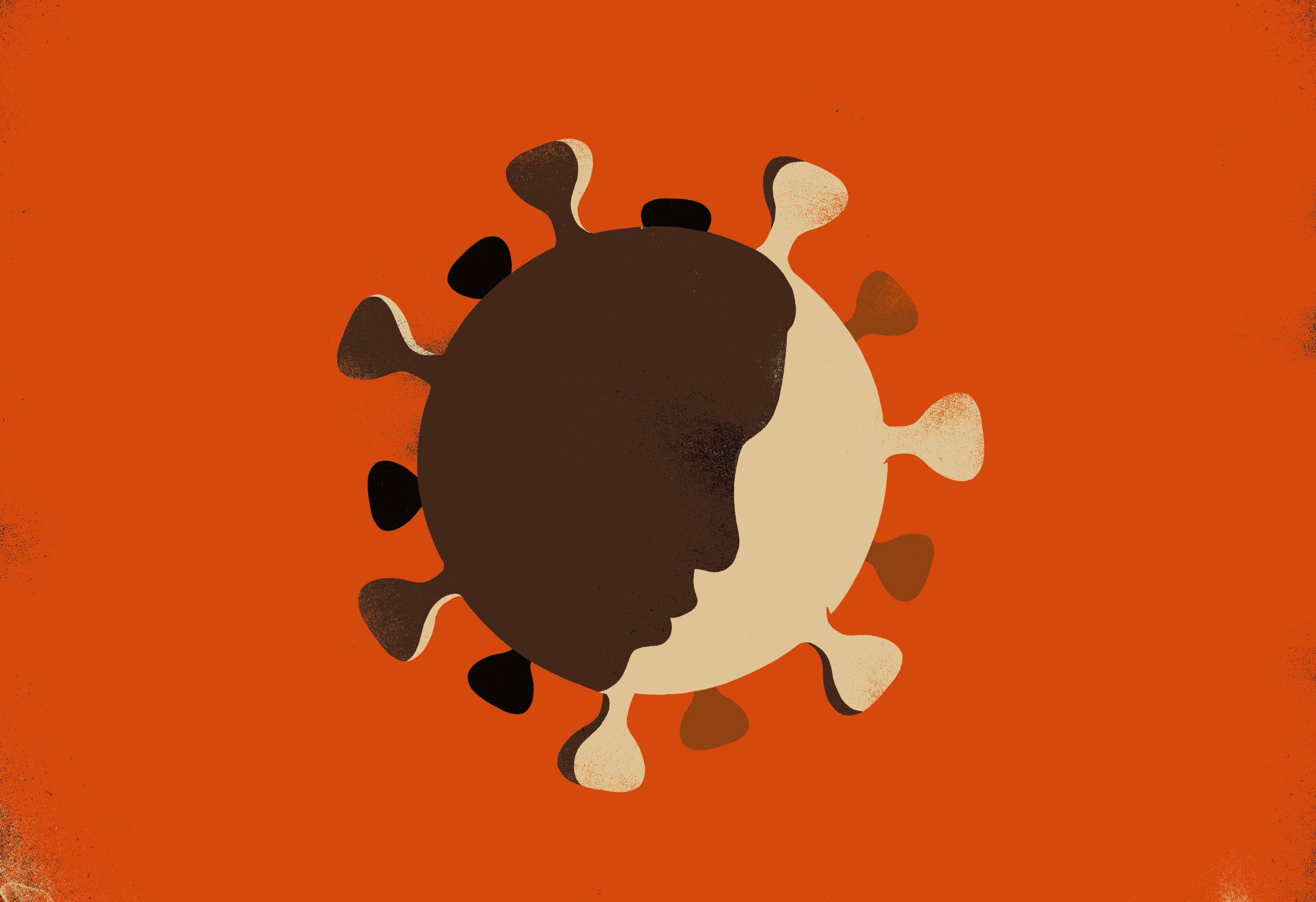
In the final moments of his life, George Floyd, who was 46, pleaded with the Minneapolis police officer who was brutally kneeling on his neck: “I can’t breathe.” His words echoed those of another unarmed black victim, Eric Garner, who died in 2014 after being placed in a chokehold by a New York police officer. But the plea “I can’t breathe” has resonated for another reason: it unhappily reminds one of the drowning sensation experienced by victims of Covid-19 – a disproportionate number of whom are black or from ethnic minorities.
The US and the UK pride themselves on their status as liberal democracies. But in this period of darkness, profound racial and economic inequalities are being exposed once more. Mr Floyd’s violent death was disturbing not because it was unusual, but because it was all too familiar. In 2015, another unarmed black man, Eric Harris, warned “I’m losing my breath” after being shot by a volunteer police officer. African Americans (who account for 13 per cent of the US population) make up a third of unarmed victims shot and killed by police.
Fraught race relations did not begin with Donald Trump’s presidency: they reflect the original American sin of slavery, the segregationist Jim Crow laws, grotesque socio-economic inequality and sustained institutional racism. It was during the Barack Obama presidency, in 2013, that the Black Lives Matter movement was launched, following the acquittal of George Zimmerman over the fatal shooting of the 17-year-old Trayvon Martin.
Yet President Trump does not merely tolerate such racial inequality, he actively encourages it. Far from acknowledging the baleful record of police brutality, he has urged state governors to “dominate” protesters and has dismissed them as “thugs” and “radical left anarchists” (by contrast, the president praised those resisting state Covid-19 lockdowns as “very good people”). At a rally last autumn, Bob Kroll, the head of the Minneapolis police union, thanked Mr Trump for ending Mr Obama’s “handcuffing and oppression of police”. And so it goes on.
The backdrop to the wave of unrest sweeping America is the Covid-19 pandemic and economic crisis. The virus has killed black Americans at almost three times the rate of white Americans. The worst economic crisis since the Great Depression has increased African-American unemployment to 16.7 per cent (compared to 14.2 per cent for white people).
In the US unrivalled wealth coexists with social and economic immiseration and the mass incarceration of felons. The so-called land of the free increasingly resembles nothing but a failed state. The UK should resist the temptation to cast itself as a superior Greece to America’s decadent Rome, however, because similarly to the US, the Covid-19 pandemic has exposed systemic discrimination.
According to the Office for National Statistics, black Britons are over four times more likely to die from the virus than white people. Britons of Pakistani and Bangladeshi heritage are more than three times as likely and Indians more than twice as likely to die from it. Seventy two per cent of all health and social care staff who have died with or from Covid-19 are BAME (from black, Asian or minority ethnic groups).
As Gary Younge, professor of sociology at the University of Manchester and the author of Another Day in the Death of America, writes in this week’s cover story: “These deaths are the collateral damage of British racism – the indirect consequence of decades of exclusion that have corralled black and Asian people into the kind of jobs, housing and health situations that would make us particularly susceptible.”
It should not have taken a pandemic – and the horrific death of Mr Floyd – to bring this issue to political attention. But now the government has no excuse not to launch a full, independent public inquiry into racial inequality.
For years, news organisations and activist groups have recorded the names of those killed by police violence. This grim roll-call is now mirrored by the list of BAME Covid-19 victims. Both testify to the pernicious endurance of racial inequality.
This article appears in the 03 Jun 2020 issue of the New Statesman, We can't breathe





